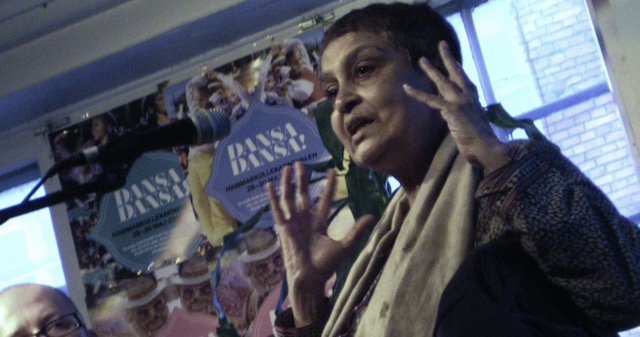So, yes, there is reason for Israelis, and for Jews generally, to think long and hard about the dark Hitler era at this particular time. For the significance of the Gaza Flotilla incident lies not in the questions raised about violations of international law on the high seas, or even about “who assaulted who” first on the Turkish ship, the Mavi Marmara, but in the larger questions raised about our common human condition by Israel’s occupation policies and its devastation of Gaza’s civilian population.
→ Haaretz, Henry Siegman: Israel’s Greatest Loss: Its Moral Imagination
“Every time I drop a bomb and kill one innocent Afghan, I set the war back — even if I killed 100 Taliban,” he says. And maybe, Grasso admits, he was a little overeager to drop bombs last year. “When you’ve got a truckload of food, everyone looks hungry. So when everything looks suspicious, when you’re looking for suspicious stuff, you almost want it to be suspicious.”
→ Wired, Noah Shachtman: How the Afghanistan Air War Got Stuck in the Sky
PRIMAL 31 (HARRIER) DROPPED (1) GBU-12 ON THE COMPOUND EFFECTIVELY SUPRESSING THE EN THREAT. EN FORCES RE-ENGAGED THE MARINES FROM THE BUILDING THAT WAS THE TARGET OF THE UNSUCCESSFUL HIMARS MISSION. E/2/8 ENGAGED WITH 81 AND 60 MM MORTARS. AT 1304, ENEMY FIRES CEASED.
→ Wikileaks Wardiary: (ENEMY ACTION) DIRECT FIRE RPT (Small Arms) 2/8 USMC : 0 INJ/DAM


Avoidance speech, or “mother-in-law languages”, is a feature of many Australian Aboriginal languages, some North American languages and Bantu languages of Africa whereby in the presence of certain relatives it is taboo to use everyday speech style, and instead a special speech style must be used.
→ Wikipedia: Avoidance Speech
This is, perhaps, the most troublesome use of a generally troublesome mark. That said, the basic rule for possessives is quite straightfoward: to denote possession, put an apostrophe and a lower-case ‘s’ at the end of the noun (ie person, place or thing) which owns. So we have: Somebody else’s thoughts on the subject of possessive apostrophes.
→ Between Borders, Brian Forte: Mind Your Apostrophes
More than half of the semicolons one sees, I would estimate, should be periods, and probably another quarter should be commas. Far too often, semicolons, like colons, are used to gloss over an imprecise thought. They place two clauses in some kind of relation to one another but relieve the writer of saying exactly what that relation is.
→ Opera, Sex, and Other Vital Matters, Paul Robinson: The Philosophy of Punctuation
